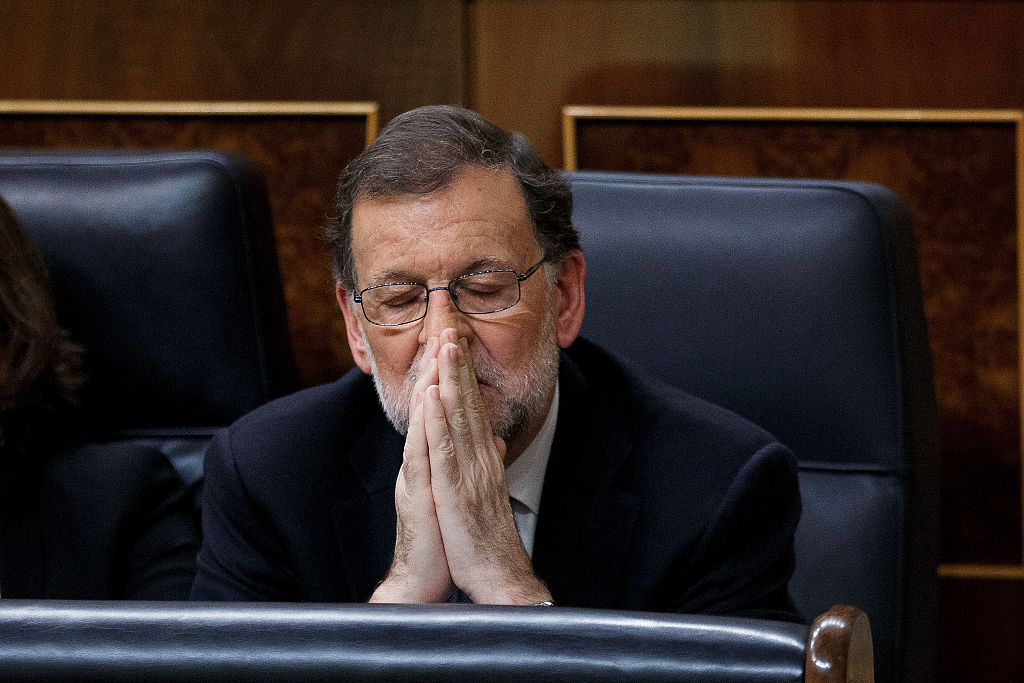In Spain, the fight over Catalonian independence has just taken a surreal new turn. Catalonian president Carles Puigdemont – a passionate secessionist who has said he is prepared to go to prison for his cause – recently announced that there will be an independence referendum in his region on October 1st. His pledge prompted the Spanish prime minister, Mariano Rajoy, to declare, in full crusader-for-democracy mode, that “the government of Spain is going to defend the law” and prevent the vote from happening.
Would that be the same government currently implicated in one of the biggest corruption cases in recent Spanish history? Yes, it would. The so-called Gürtel case centres on allegations of cash-for-contracts kickbacks among senior Popular Party (PP) politicians during Spain’s property boom in the early 2000s. It involves 37 defendants (not all of whom are PP members, however) and over 300 witnesses, and is so vast that’s it’s been split up into smaller sub-cases. Last week, Rajoy testified in court as a witness in the Gürtel saga – the first time in Spain’s history that a sitting prime minister had appeared in such a capacity.
It offered a bizarre contrast to the Rajoy we are presented with whenever the Catalonian secessionists flare up. Rajoy likes to portray himself as the Good Guy in Madrid, fighting the independence loonies in Catalonia in the name of democracy and national stability. Indeed, Rajoy has vowed to block the proposed October referendum – reminding secessionists that it would violate the Spanish constitution. It is up to Rajoy – according to this narrative – to stand up for the rule of law and for proper democratic process, and to not let the radicals in Catalonia have their way.
Of course, with his own party embroiled in such a messy court case, this is a position that is somewhat tricky to maintain. Rajoy himself is not under investigation, telling the court that he knew nothing of what was going on because “he was never in charge with anything to do with accounting”. But as one of his many critics was quick to point out, this lame attempt at a “defence” means either that he is incompetent or a liar.
Indeed, Rajoy’s appearance as a witness in the Gürtel case serves as an emblem of a political class many Spaniards see as irretrievably corrupt and unfit for power. Pedro Sanchez, leader of Spain’s Socialists (a party who are no strangers to corruption either) and Rajoy’s main adversary in congress, said that his opposite number’s court appearance was a “dark day for democracy” and called on the prime minister to resign. Which Rajoy won’t, even though it would do a lot to restore his shredded political reputation (just as Sanchez’s resignation as PSOE chief last October enabled him to take the helm again a couple of months ago).
The matter of Rajoy’s culpability, though not officially under investigation, is of course open to doubt. Are we seriously expected to believe that, as party chief, he knew absolutely nothing of such an allegedly enormous slush-fund? Such questions aside, though, his morning in the witness box was a PR disaster for this party and a gift for the secessionists in Catalonia, who can use it to further attack his credibility as an upright defender of Spanish law. Justifiably so, because it is no longer credible for Rajoy to play that role.






Comments